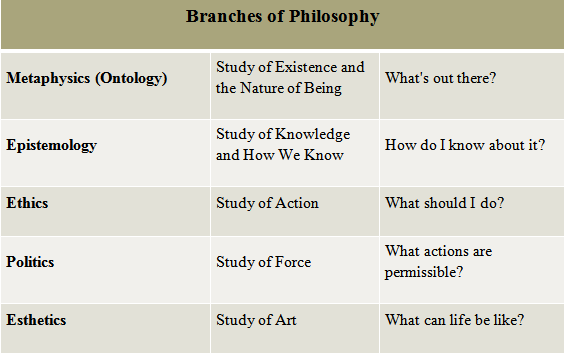Online Course
NDNP 804 - Theory for Evidence-Based Practice
Module 1: Introduction to Philosophy of Science in Nursing
Definitions
Let us start with some definitions. In order to make some sense out of philosophy of science, we need to clarify some terms.
What is Science?
Science comes from the Latin word scientia, meaning knowledge. It refers to a process, verb, doing science, and the outcomes of a process (science as a noun), such as laws of science.
- “A body of codified knowledge of the natural universe and of human & individual behavior” (Gortner, 1980) (product of the process – research is the tool of science)
The term science may also refer to a product, noun, and the end result of what occurs through the process of science.
- The theoretical explanation of the subject of inquiry and the methodological process of sustaining knowledge in a discipline (Parse, 1977) (process and product)
Many experts differentiate between hard sciences (e.g., math, physics), soft or applied sciences, (e.g., sociology, psychology) and human sciences.
- In hard sciences, total objectivity is assumed (assumption of the paradigm). The scientist is assumed to be neutral, value free.
- In applied sciences, the focus is on human beings and the utility of the science to them. Although scientific methods are used, there is not the belief of total objectivity. The methods are different because there is a recognition of the framework of the scientist. There is however an attempt to keep the science and the scientist separate.
- In human sciences, the source of knowledge is the experiences of human beings. The scientist is part of the experiment. The scientist and the science are one.
In view of these definitions, what kind of science is nursing?
What is Philosophy?
- A belief or system of beliefs accepted as authoritative by some group or school
- The rational investigation of questions about existence and knowledge and ethics
- Any personal belief about how to live or how to deal with a situation
Philosophy involves a search for meaning, the process of thinking for the sake of thinking. It represents a perspective and it is a set of beliefs. Philosophy provides a guide by which things are approached, the viewpoint we use to SEE, the method by which one searches for truth, and an understanding of what is TRUTH. This quest for truth brings us to the intersection of Science and Philosophy.

Video
What is Philosophy of Science?
Philosophy of Science aims to examine the body of knowledge and the APPROACH to the study of this body of knowledge. It involves:
- the nature and structure of the codified body of knowledge of the natural universe and human behavior
- the nature and structure of the theoretical explanation and methodological process of sustaining knowledge in a discipline
- a deliberate analysis of the underlying assumptions on which science is based (Polifroni & Welch, 1999)
Question:
In Science
- How DOES one KNOW?
- What constitutes Knowledge?

The answer depends on one’s Philosophy of Science.
This website is maintained by the University of Maryland School of Nursing (UMSON) Office of Learning Technologies. The UMSON logo and all other contents of this website are the sole property of UMSON and may not be used for any purpose without prior written consent. Links to other websites do not constitute or imply an endorsement of those sites, their content, or their products and services. Please send comments, corrections, and link improvements to nrsonline@umaryland.edu.